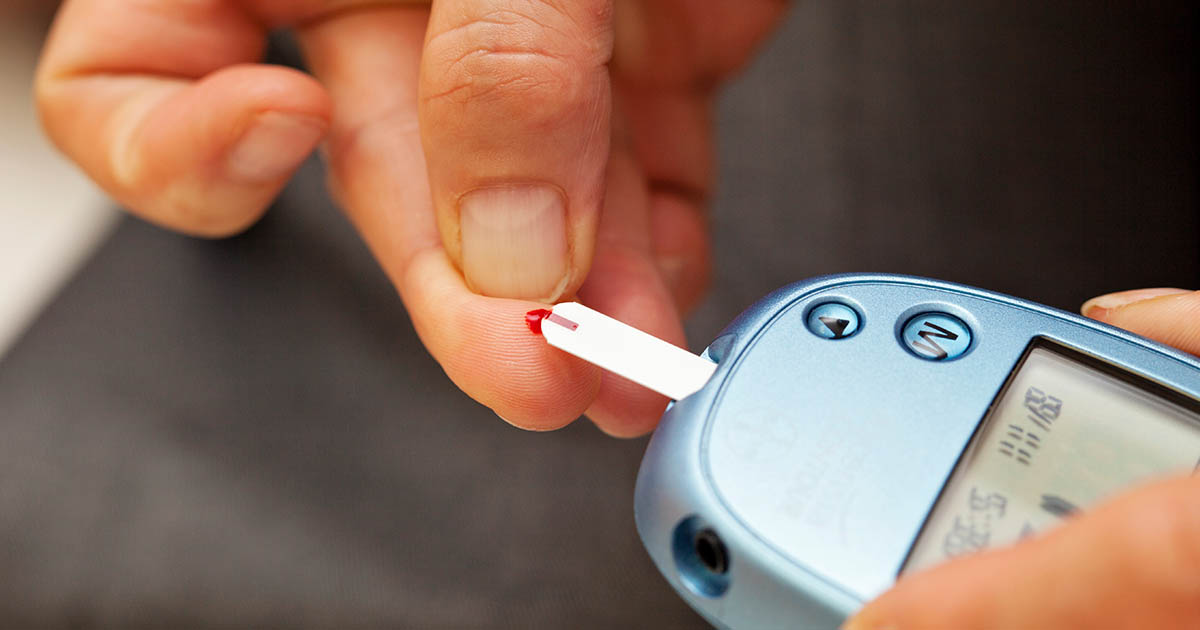How Does Saffron Benefit Health?
Saffron is a flowering plant used to make one of the most valuable spices in the world. It is very expensive due to the fact tens of thousands of blossoms are required to make just a pound of spice. The yellow powder is used in a variety of dishes as well as in cosmetic products, but it is also used for its medicinal properties. Individuals use saffron to treat a plethora of serious medical conditions. Saffron may also have some general health benefits, which is precisely why many individuals regularly take it as a supplement.
Lowers Blood Sugar

Researchers have found saffron supplementation reduces blood glucose over time. This effect is augmented when the saffron supplementation regimen is combined with an exercise program. These findings may be helpful in treating diabetes mellitus. While saffron is not usually prescribed to patients with diabetes initially, these patients may benefit from taking saffron supplements in addition to following a doctor's advice. Saffron cannot be a stand-alone treatment for high blood sugar, but it may be very helpful in regulating blood glucose over the long term. The condition of having high blood sugar s called hyperglycemia and it can have a number of serious health effects if it is chronic. Daily saffron supplementation could be a potential game-changer.
Improves Eyesight

Saffron contains copious amounts of carotenoids and antioxidants. Carotenoids are pigments that are essential for eye health, and antioxidants reduce or reverse damage to the cells in the body. The carotenoids found in saffron help to prevent macular degeneration, which is a disease that causes progressive vision loss and eventually blindness. It typically occurs in older individuals, and once it begins, it is not curable. However, promoting good eye health by consuming saffron can protect against this disease. The antioxidants present in saffron also help prevent damage to the cells in the eyes.
